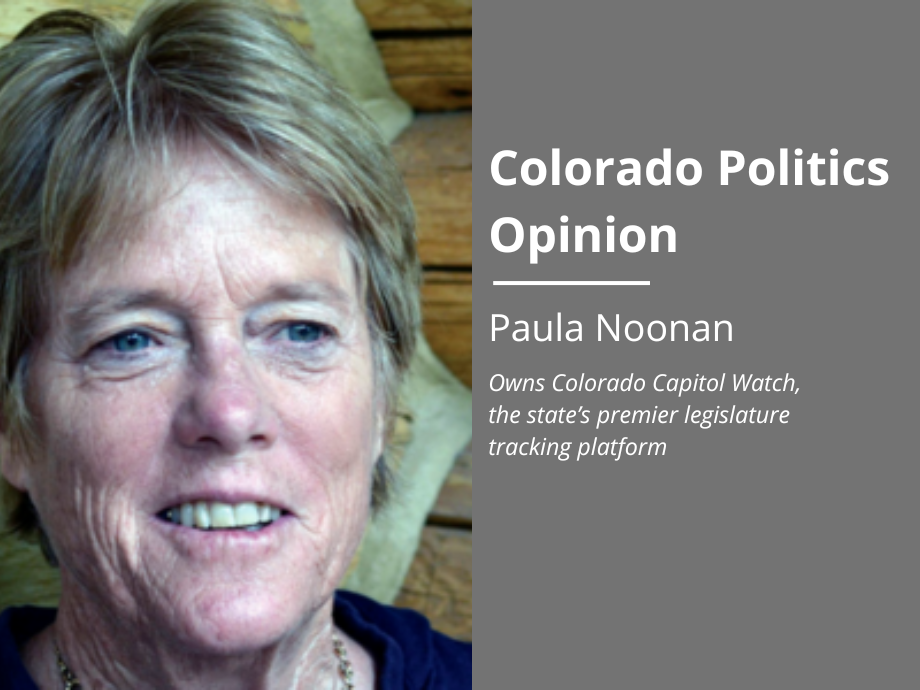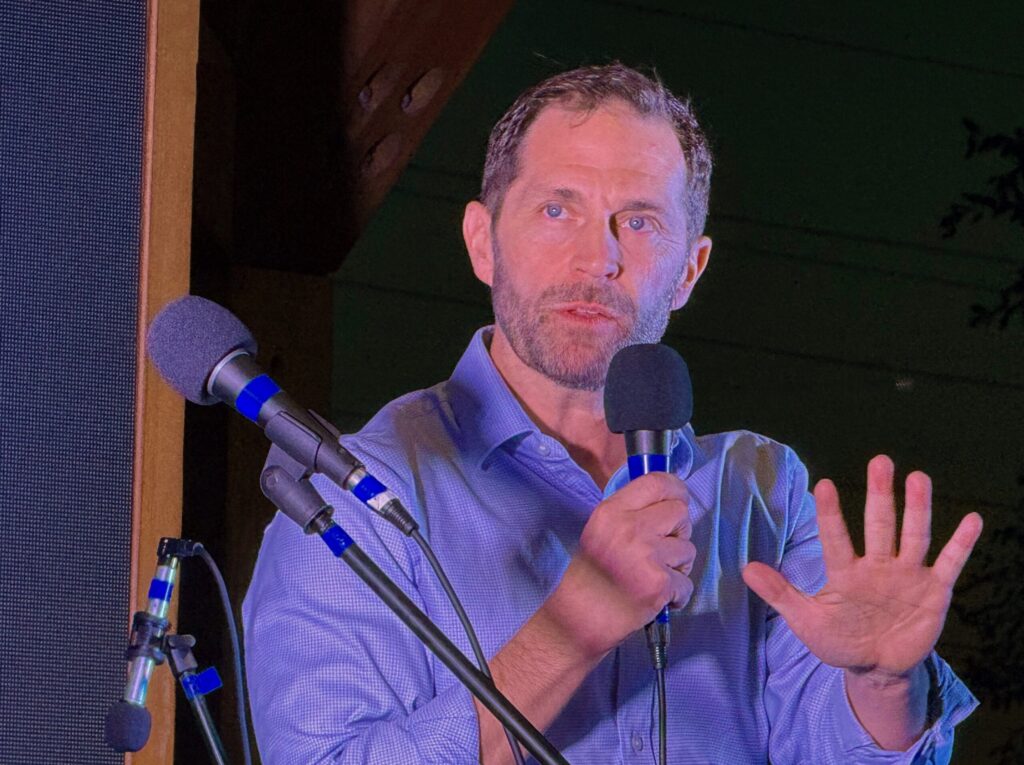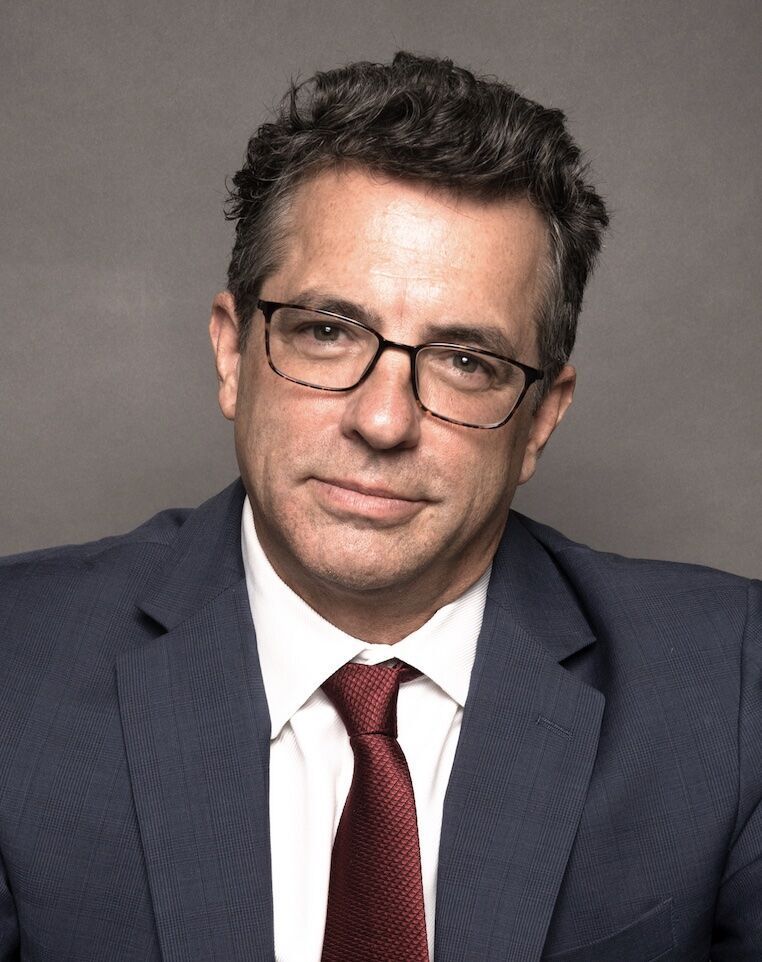Where opportunity lies in Colorado’s sin taxes | NOONAN


Governments assess sin taxes to reduce “sinful” behavior by charging more for the thing that causes the sinning. A corollary result is more money for government to spend on something the public deems is positive for the common good.
Tobacco and vaping taxes were passed by 67% of voters in 2020 to pay for universal early-childhood education. The state launched its universal preschool program in 2023 using 2020’s Prop EE money. The tax bounty was so great the state collected an extra $23.6 million that would be refunded to nicotine product distributors and wholesalers. But Coloradans like sin taxes and voted in 2023 to use the extra money for preschools.
Marijuana taxes have also been a boon. According to Forbes magazine in 2022, the state collected $1.6 billion in marijuana taxes and fees since marijuana was legalized. That money came from a 2.9% sales tax on medical and recreational marijuana and a 15% excise tax on weed that moves from wholesaler to seller. Up to $40 million of the medical marijuana tax annually goes to the BEST fund for capital construction grants for public education facilities. The recreational tax at 15% goes to the state’s general fund.
Stay up to speed: Sign up for daily opinion in your inbox Monday-Friday
Local governments get marijuana tax dollars too, and these dollars are distributed in different ways for various community and health programs. Denver collected $294.5 million in tax revenue up to 2021 and the state collected $423 million. In 2022, Colorado ginned up more money with marijuana taxes than with tobacco or alcohol. Alcohol only produced $56 million, tobacco produced $234 million and pot produced $280 million.
Does anyone see a sin tax opportunity here?
According to recent reports, alcohol kills more Coloradans than opioid overdoses either from disease directly produced by excessive alcohol consumption or by exacerbating existing disease. High blood pressure, heart disease, liver failure and various cancers are a few results of excessive alcohol consumption. But though Coloradans are dying of alcohol use at a higher rate than most states, consumption has gone up, not down.
While voters were busy supporting more taxes on cannabis and tobacco, they were also voting to expand alcohol sales in supermarkets and expanding liquor selling hours to Sundays. It’s true that many states have these liquor distribution spaces and times, but Coloradans apparently are super-charged in taking advantage of these recent changes.
While Coloradans are consuming more booze, they’re paying less in taxes than most states on their alcohol consumption. There’s the rub and the opportunity.
Tobacco taxes go to health education and reducing teenage use. Marijuana taxes go to early-childhood education. Based on pre-General Assembly comments from state legislators on the House and Senate Education Committees, higher education and workforce and career preparation in the state are severely underfunded. University and college expense causes sticker shock and extended loan commitments for students and parents. Couldn’t a higher tax on liquor relieve some of the pressure?
Currently, the state is trying to trim college expenses with non-monetary go-arounds. Students can do “concurrent enrollments” in high school for introductory college courses. If they’re lucky, they’ll get college credit for these classes, reducing total cost and years in higher ed. One prospective bill, a “Student Bill of Rights,” will ensure more transparency in how these courses are treated at Colorado’s colleges and universities. The bill sponsored by state Sen. Janet Buckner (D-Aurora) will also ensure more transparency related to the costs of college and career and technical education.
Another concern is access to career programs. There are lots of programs and grants to support career education, but they are not organized and some are duplicative. State Sen. Rachel Zenzinger (D-Arvada) on the Joint Budget Committee is looking for ways to bring the multiplicity under a single umbrella for more efficient funding and streamlined delivery. Community colleges now offer free certifications in specific career fields where current need for employees exists. Other states such as California offer universal free community college degrees.
With 70% of future jobs requiring some education beyond high school, the need to get ahead of this curve is pressing. Current ad hoc programs won’t do the job. When the state needs to cut dollars from its budget, the first slice comes out of higher ed and career programs because funding for these education needs are not required in the state budget.
Elementary and Secondary School Emergency Relief funds from the COVID period are mostly used up. That’s $121 million allocated by the feds for local school districts from 2020 to 2022. The state is just now catching up with its Amendment 23 requirements for full public-school funding with about $10 billion in back dollars that probably will never be replaced. For the first time in more than a decade, the state will fully fund K-12 special education.
With the state collecting $56 million from alcohol, there’s a $178 million gap between alcohol taxes and tobacco. There’s a $224 million tax gap between marijuana and alcohol. Health care providers state the higher cost of sin products especially reduces consumption among younger users. That’s a win-win concept for the state.
Legislators are apparently wary of an alcohol sin tax, but if tobacco and pot are any indicator, voters would probably be receptive, especially if the funds were put to specific, common-good uses. Improving career education and offering free community college for any field of study might offer attractive possibilities. The argument is simple: let all sins be taxed equal.
Paula Noonan owns Colorado Capitol Watch, the state’s premier legislature tracking platform.













